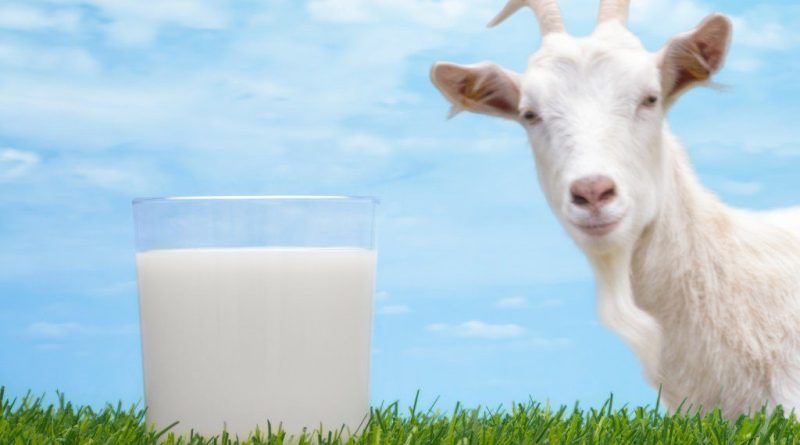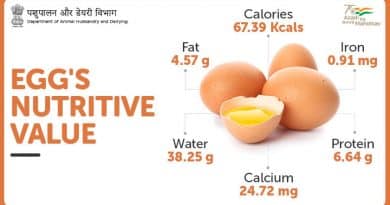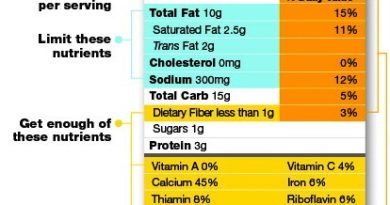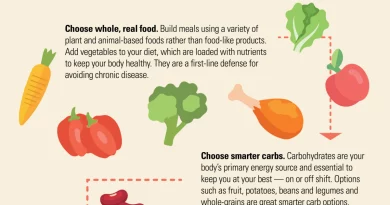Elderly Nutrition and the Supporting Role of Goat Milk
Elderly nutrition is a topic of concern for many senior adults and their caretakers. Naturally occurring changes in our bodies create challenges for adequate nutrient intake and absorption as we age. Goat dairy products have properties that can help meet these challenges to reduce the prospect of inadequate nutrition for the elderly.
Goat milk is high in calcium, protein, beneficial fats, and many vitamins and minerals. But, as you’ll see, the nutritional components are not the only important aspects of goat milk products for meeting senior nutritional challenges.
The first set of challenges to consider involves changes in reduced physical sensations, and therefore, reduced desire for nutritional intake. Many elderly no longer experience or recognize feelings of hunger. This, by itself, can cause a significant reduction in the intake of food, particularly if the elderly person lives alone, with no one to remind them to eat.
The sensation of taste also seems to change with age, with many older adults reporting reduced pleasure in foods they once enjoyed. With less pleasure gained from the taste of food, along with reduced feelings of hunger, there is less incentive to eat. Also, as with food, the desire for liquids is often diminished, causing an increased risk of dehydration in elderly adults.
With less food intake, it’s vital that any food consumed be of high nutritional quality. Whole goat milk is calorie and protein-rich, containing more fat, protein, and amino acids than cow’s milk. Milk and dairy products also have a mild taste, and the smooth textures are usually well-accepted. They also blend easily with many cooked foods; and milk, plain yogurt, or sour cream can be used to moisten foods that would otherwise be dry or difficult to chew.
Additionally, milk is nearly 90% water, and can provide hydration in a form that many older adults find more appealing than water or juice. Milk is also easily flavored with available syrups, such as chocolate and strawberry, to suit particular tastes.
Digestive issues present a second set of challenges for the elderly that can be supported through the incorporation of goat milk products into the diet. Often, gum and mouth problems, like missing teeth or ill-fitting dentures, minimize the foods that can be ingested, contributing to the increased possibility of nutritional deficiencies. Reduced saliva production also makes even soft foods sometimes difficult to swallow.
The next problem appears in the stomach, where many elderly have reduced production of stomach acid. This makes food digestion and the absorption of nutrients more difficult. To complicate matters further, food travels more slowly through the gastrointestinal tract of older adults, often resulting in constipation.
Goat milk products are particularly well-suited to providing support for these challenging areas. Other than hard cheeses, goat dairy products are soft and can easily be mixed with other soft foods, such as pureed fruits, to provide nutritious snacks or meals. The consistency can even be thinned to the point where straw can be used, creating nutrient-dense liquid meals or snacks. Milk or yogurt can be added to blended vegetables or meats to moisten and fortify.
And, goat milk is one of the most easily digested foods available, thanks to some very unique properties of its protein and fat molecules. With a protein structure that is completely digested before it reaches the large intestine, goat milk has also been shown in studies to aid mineral metabolism by the body. This additional benefit of goat milk is significant in preventing softening of the bones, a very important factor in elderly health.
To aid gastrointestinal health, fermented goat milk products like yogurt and buttermilk can be taken. These have bacteria that benefit the digestive process.
Proper nutrition for the elderly has a unique set of challenges that includes physical limitations and the natural decline of bodily functions. Individual assessment of these limitations is essential to providing satisfactory solutions.
Goat dairy products can play a significant role in meeting these challenges. Goat milk has long been noted for its gentleness and has properties that make it significantly more suited for elderly nutrition than cow’s milk.
Goat milk is versatile, highly digestible, and nutrient-rich. The protein and fat content of goat milk can help contribute to weight and muscle maintenance, while vitamins and minerals provide necessary nutrients for the body and cell function. Milk also contains simple carbohydrates that can provide a boost in energy.
Conclusion? Goat dairy products can make a great-tasting, nutritious addition to the diet plan of most elderly adults.




